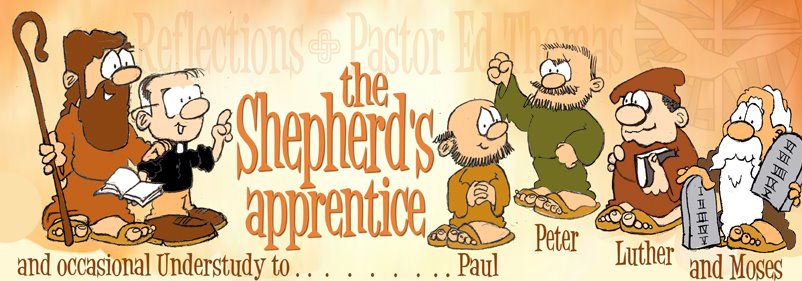So Joseph bought all the land of Egypt for Pharaoh.
Genesis 47:20
The 47th chapter of Genesis begins with Joseph’s whole family moving to Egypt. Pharoah gives them basically anything they wish.
Why the generosity? Because Joseph has been such a successful leader.
- Guided by God, Joseph has blessed Pharoah and saved the country.
- Joseph prompted Pharaoh to prepare for the famine by storing grain.
- As the famine progressed, people used their money to buy grain from Joseph/Pharaoh.
- When they ran out of money, they sold all their livestock to Joseph/Pharaoh for grain.
- When they ran out of cows, they sold their land.
- When they ran out of land, they sold themselves into slavery.
- By the end of the chapter — and because of Joseph — Pharaoh owned everything, including the people.
In America today, our financial condition is not much better than Egypt’s was then. What if some of the predictions regarding our economy come true this year? What if governmental requirements for more grain for ethanol prompt a food shortage and significantly higher food prices? And what if gas rises to five dollars as gallon? And what if increased transportation costs double the price of many commodities? And what if sudden inflation makes many Americans as desperate as the average person in the age of Pharaoh?
Today’s question is simple ... In the midst of tough financial times, are you living wisely and proactively like Joseph or desperately like the people who sold themselves into slavery?
In Christ’s Love,
a pretty good steward
who hasn’t done enough

